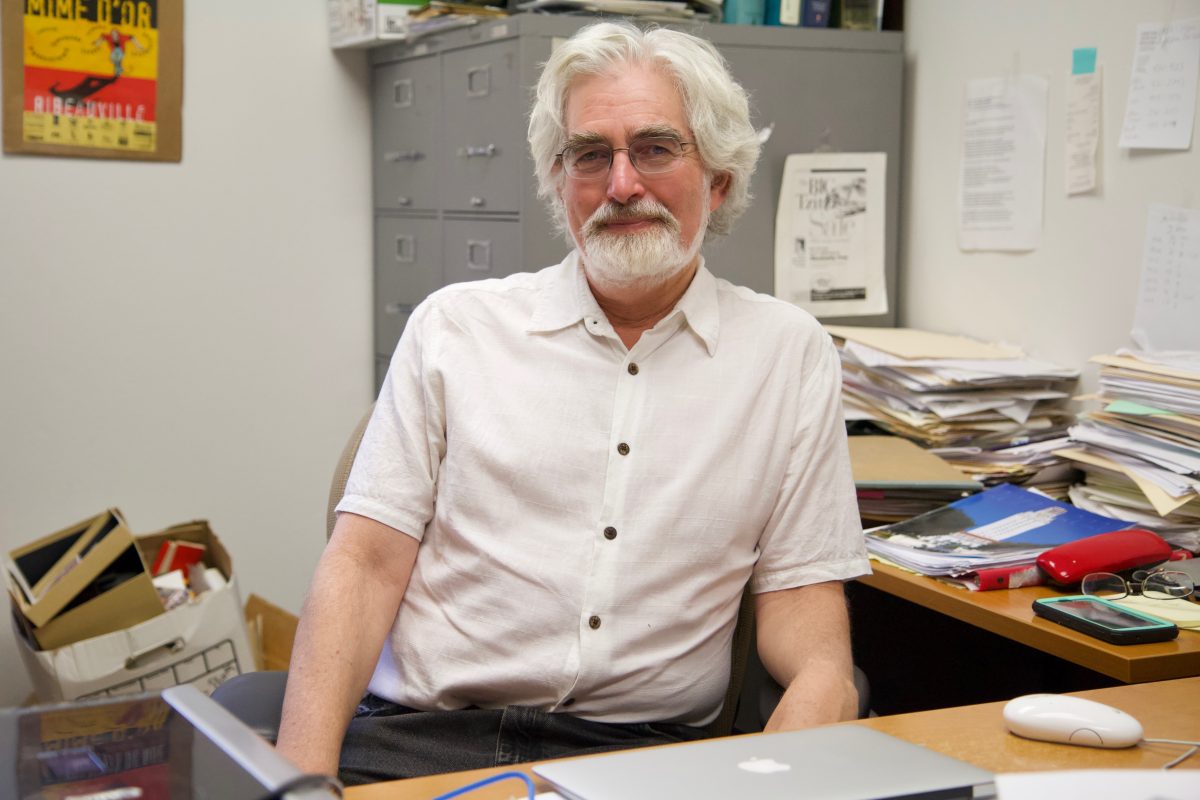The Yiddish language is deeply rooted in Jewish culture, typically passed down from generation to generation. Though not currently one of the most studied languages, scholars say that Yiddish is breathing new life and may even be on the rise.
“The number of Yiddish speakers is already increasing. Everyone thinks of it as a dying language, but that is not true,” says Itzik Gottesman. “Demographers say that over the next 50 years there is going to be an explosion of the Yiddish language.”
Gottesman is a professor at The University of Texas at Austin who teaches classes in Yiddish language and culture, including courses in Jewish Folklore and immigrant Jewish life in America. He was also the former managing editor of The Forvetz, better known as the Jewish Daily Forward, the oldest ethnic newspaper in New York.
WATCH: “YIDDISH IS ALIVE DEEP IN THE HEART OF TEXAS”
Though Hebrew is the Jewish language of prayer, Yiddish had been the main spoken language of Ashkenazi Jews for more than a thousand years. With the burgeoning importance of the Yiddish language came a tremendous civilization and way of thinking, forming the basis of American-Jewish life.
Gottesman believes that studying Yiddish can open up a whole new avenue of connections and resources.
“Being a smaller language has its advantages in that you can probably go into any city in the world and connect with the Yiddish world there and be welcome. You can’t really do that with larger languages,” Gottesman says.
Because the language is beginning to grow quickly, the opportunities for research and discovery are growing as well. There are a number of things that academics have yet to explore in terms of art, literature, women’s studies and even politics.
“There are also cutting-edge Yiddish artists, writers and musicians outside the academic world, including younger writers and younger artists,” Gottesman notes. “There is just so much that has not been studied.”
Yiddish has always been an important part of Gottesman’s life, stemming back to his childhood. His mother, a Yiddish poet, drew him into the Yiddish literary world where Gottesman developed a particular interest in folklore.
After writing his dissertation on Yiddish folklorists, Gottesman began directing a blog called Yiddish Song of the Week, which is based on his fieldwork and that of others as part of an ongoing project for the An-Sky Institute for Jewish Culture.
“The idea behind the blog is to post songs that nobody knows, to expand the repertoire of Jewish singers and also to show the inner life of Jews in Eastern Europe,” Gottesman says.
Gottesman looks forward to the growth of the language and the breakthroughs in research and exploration that will follow. He hopes that, soon, many others will see Yiddish for the extraordinary language that it is.
“Yiddish resonates with intimacy and affection and is the Jewish language that English can never be,” says Gottesman. “It is our heritage.”
Visit the Harry Ransom Center and view the I.B. Singer papers – the only Yiddish writer to win the Nobel Prize.
